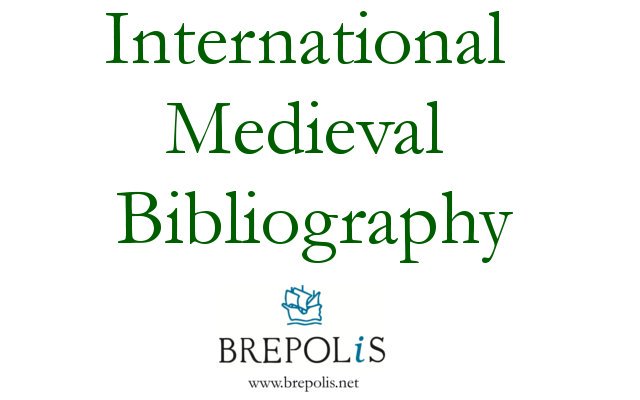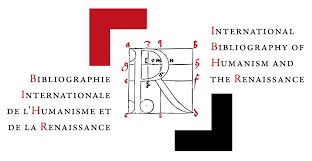The traditional culture and the language of the “Russian Greeks” in Sochi: A review of an ethnolinguistic expedition
DOI:
https://doi.org/10.31168/2073-5731.2022.3-4.2.06Keywords:
Traditional Greek culture, ethnolinguistics, Pontic Greeks, Pontic dialect of the Greek language, funeral and memorial ritesAbstract
The traditional culture and the language of the Greek population of Sochi in July 2022 for the first time became the subject of an ethnolinguistic study by Russian researchers. The Greek population (natives of the region of Pontus, located in modern Turkey) initially appeared in these territories in the second half of the 19th century. During the Stalin era, the number of Greeks decreased significantly, however, the language (Pontic dialect of the Greek language) and elements of traditional culture in places where Greeks were densely populated are preserved to this day. In the folk calendar, family rituals, folk mythology of the modern Greek population, there are not only common Greek elements that unite the Pontic Greeks of the diaspora with the wide “Greek world”, but also characteristic features that allow us to draw a preliminary conclusion about the preservation of archaic elements of culture (the rite of making rain “koshkotera”, etc.). Many elements of traditional culture were influenced by neighboring Slavic (Russian) and other Caucasian (Armenian, Georgian) traditions.
Acknowledgements
Inna Nikitina’s work was supported by a grant from the Russian Science Foundation No. 22-18-00484.
Received: 31.07.2022.
Citation
Klimova K. A., Nikitinа I. O. The traditional culture and the language of the “Russian Greeks” in Sochi: A review of an ethnolinguistic expedition // Slavic Almanac. 2022. No 1–2. P. 249–260 (in Russian). DOI: 10.31168/2073-5731.2022.3-4.2.06






